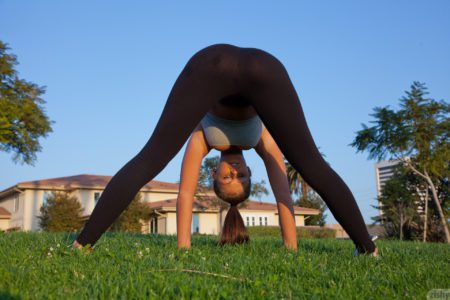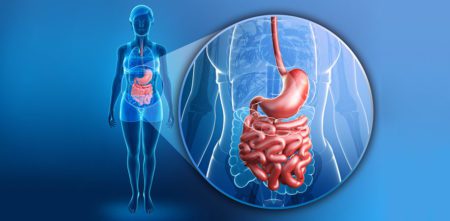Treatment for an anxiety disorder can only be effective if proven strategies are applied systematically. In rehabilitation centers, this is overseen by qualified professionals. These professionals are required to stay up to date with the latest developments in scientific research, which ensures that they provide the highest level of care to those trying to manage their condition.
Anxiety disorder is a concern not only to psychiatrists and scientists but also to the public in general. Statistics from the National Institute of Mental Health suggests that it affects about a fifth of the adult male population in America.
Anxiety can have a greater impact than on one’s quality of life than it is generally acknowledged. Social phobia can affect one’s choice of career prospects. Many people with this condition are very reluctant to choose jobs where they may be open to the public gaze.
There are several different types of therapies that can help address anxiety disorders. A combination of conventional therapies and other alternative evidence-based therapies are considered to be the most effective approach today. Here are five new therapies for anxiety treatment.
Mindfulness Meditation
Decades of research into the effects of meditation on the mind continue to provide solid evidence of its numerous benefits.
There is evidence to show that mindfulness meditation can be as effective as some of the medication used in treatment for anxiety disorder. Research also indicates that this form of meditation has significant positive effects on depression and chronic pain.
Exposure Therapy
Exposure therapy is based on the idea that you must expose yourself to the source of anxiety in order to overcome it. This exposure is done in a controlled environment in the presence of professional staff.
Exposure therapy has been around for some time and is commonly used to treat conditions such as PTSD and social anxiety. Now scientists can use virtual reality technology to enhance the experience. The immersive technology that recreates virtual worlds makes the exposure element of the therapy more realistic and recognizable. Researchers are looking at how it can be used to complement conventional forms of therapy such as CBT for anxiety disorder treatment.
Art Therapy
Art therapy is another form of treatment that is now being incorporated into programs that help people with anxiety. You can draw, paint with watercolor/oil or use digital tools. Self-expression through art in mental health facilities is usually done under the supervision of a professional. Sometimes it is used together with CBT (Cognitive Behavioral Therapy) to unearth negative thought patterns.
Outdoor Adventure Therapy
There are numerous studies that show adventure based therapy is effective in treating some mental conditions and is also effective as an anxiety disorder treatment. It helps to improve problem-solving skills, develop coping strategies, and increase self-confidence.
Adventure based therapy programs organize expeditions into the wilderness as a way to address mental health issues. The sessions take place outdoors and may involve activities and interactions between members of the group. The sessions are overseen by a qualified professional. Tests on patients who have taken part in adventure based therapy show that decreases in signs and symptoms of anxiety disorder.
Nutrition
Healthy food can help ease the symptoms of anxiety. There is scientific evidence to show that omega 3 fatty acids can reduce mental distress. There are also certain herbal remedies that help to promote mental health. Some herbs used for anxiety and depression include valerian, chamomile, and passion flower.
Professionals at rehabilitation facilities now incorporate nutrition, outdoor therapy, and other forms treatment alongside conventional therapies into their programs. A holistic approach to treating mental conditions such as anxiety is proving to be more effective than using conventional methods alone.




